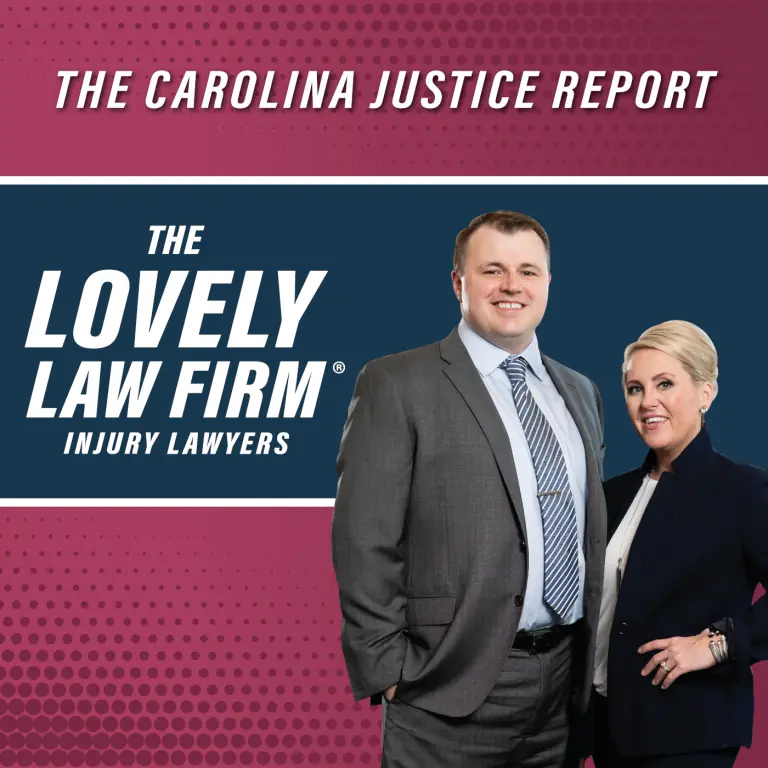Millions of Americans suffer from gout, which is a painful form of arthritis that occurs in people who have hyperuricemia. The prescriptions to treat the condition are limited. The first new drug to treat this type of arthritis, Uloric or febuxostat, received FDA approval in 2009. It was approved as a once per day oral medication to treat hyperuricemia. While the medication included a warning about possible cardiac events, the manufacturer did not adequately warn patients and doctors of the risk of major adverse cardiovascular events. If you or a loved one have been injured or died as a result of taking Uloric, we may be able to help.
People who suffer from hyperuricemia and who were prescribed febuxostat as a first-line treatment since 2009 may have valid grounds to file a Uloric lawsuit against the drug maker if they have suffered heart attacks or strokes. The families of people who died from major cardiovascular events after taking Uloric may also have grounds to file Uloric Lawsuits and claims against Takeda, the drug manufacturer.
What is hyperuricemia-induced arthritis?
Hyperuricemia-induced arthritis or gout is a painful form of arthritis in which uric acid crystals build up in the joints, causing joint inflammation, severe pain, and reduced mobility. People who suffer from the disease have flareups that last up to 10 days.
Hyperuricemia-induced arthritis occurs in people who have high levels of uric acid in their blood. The uric acid can form needle-like crystals in the joints. When these crystals build, they can cause inflammation, swelling, redness, and pain.
This type of arthritis affects an estimated 8 million adults in the U.S. and is more common in men. The Arthritis Foundation reports that 6 million men have the condition as compared to 2 million women.
Febuxostat as a treatment for hyperuricemia-induced arthritis
People who suffer from hyperuricemia-induced arthritis may be prescribed medications that block uric acid production. Allopurinol has long been used as a standard treatment for the condition, and it has been available in generic form since 1984. This medication reduces the amount of uric acid that your body makes to help to prevent attacks.
In 2009, Takeda received FDA approval for a new medication to treat hyperuricemia-induced arthritis called febuxostat or Uloric. It is a xanthine oxidase inhibitor that also limits the production of uric acid. When it was initially released, the FDA required Takeda to include a warning of increased cardiovascular risks. However, the warning did not accurately reflect the degree of risk for patients who take febuxostat to treat hyperuricemia-induced arthritis.
Febuxostat is also much more expensive than its alternative. Price comparison of the two drugs shows that allopurinol costs around $50 while febuxostat costs almost $324 for a one-month supply. People who have been prescribed febuxostat as first-line treatment only had the uric acid levels in their blood decreased. Febuxostat does not prevent flareups, meaning that even if people take this medication, the condition still remains. Febuxostat is much less safe than its alternative.
Febuxostat study leading to Uloric Lawsuits
A post-FDA approval study of febuxostat was published in the New England Journal of Medicine in March 2018. The researchers studied 6,190 patients who had hyperuricemia-induced arthritis. The participants were randomly assigned to either an allopurinol group or a febuxostat group. The researchers followed the patients for a median length of 32 months with a maximum time length of 85 months.
The researchers found that people who took febuxostat and who did not have co-occurring cardiovascular diseases had a significantly increased risk of suffering major adverse cardiovascular events, including death, than people who took the alternative medication. For febuxostat, the researchers found that there was a higher incidence of deaths from all causes than there were among the other patients.
Dangers of febuxostat
Febuxostat has multiple potential serious side effects, including the following:

- Liver disease
- Kidney failure
- Heart attack
- Stroke
- Arthralgia
- Unstable angina
- Coronary revascularization
- Myocardial infarction
- Cardiovascular death
In the study that was previously described, patients who took febuxostat were 49% likelier to die from any cause than patients who took the alternative medication.
FDA actions regarding febuxostat
On Nov. 15, 2017, the FDA issued a drug safety communication about febuxostat following a clinical study in which early results showed an increased risk of death from all causes and of heart attacks in patients who took the medication.
On February 21, 2019, the FDA issued a directive to Takeda to include a black box warning, which is the most prominent of the warnings that the FDA mandates. In addition to the black box warning, the FDA also issued a new medication guide for febuxostat and stated that the medication should only be prescribed if its alternative was ineffective for treating hyperuricemia. This means that febuxostat should only be used as a second-line treatment instead of as the first medication chosen for patients.
Febuxostat Uloric lawsuits
Mass tort litigation has been filed against Takeda, alleging that the company failed to adequately warn patients and doctors of the risks of febuxostat. The number of Uloric lawsuits is growing every day. While the initial warning issued by Takeda did state that it carried a risk of cardiovascular disease, the warning failed to advise patients and doctors about the greatly increased dangers of suffering a heart attack, stroke, unstable angina, myocardial infarction, coronary revascularization, and cardiovascular death.
Many patients who were prescribed febuxostat instead of its alternative have suffered a major adverse cardiovascular event, up to and including death. Patients who have suffered an injury and the families of patients who have died after taking febuxostat may be able to hold Takeda liable for the losses that they have suffered as a result.
Compensation in Uloric Lawsuits
The available compensation in a febuxostat uloric lawsuit will vary, depending on the extent of the injury and the losses that you have suffered. Some of the categories of damages that might be available include the following:
- Past and future medical costs
- Funeral and burial expenses
- Pain and suffering
- Loss of income
- Lost rights of inheritance
- Loss of the ability to enjoy life
In some cases, punitive damages may also be available.
Learn more about your rights in Uloric Lawsuits
If you or your loved one suffered a major adverse cardiovascular event after being prescribed febuxostat for hyperuricemia as a first-line treatment, it is important for you to talk to a personal injury and product liability lawyer. Mass tort litigation can involve complex issues. By getting help from an attorney, you may be able to recover fair compensation to pay for the losses that you have suffered. Contact us today to schedule a claim evaluation and to learn more about the rights that you might have.







